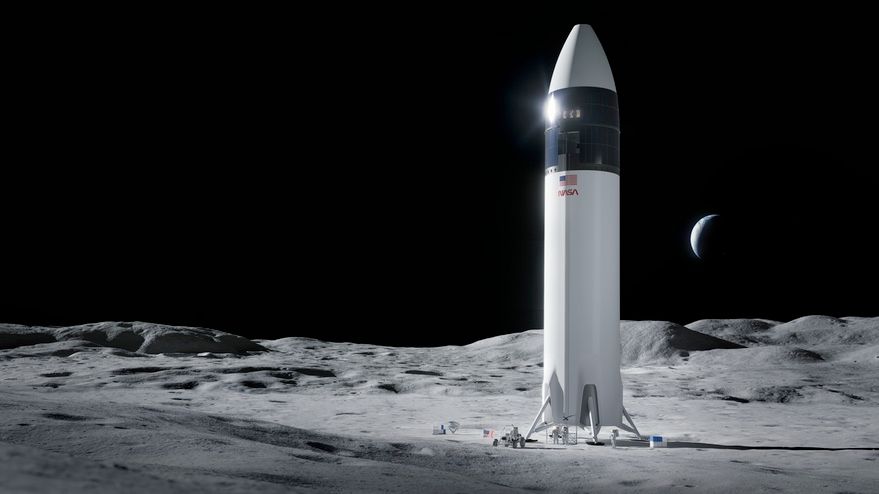While there were recriminations and bitterness following the “landing failure” of the UK’s first space probe to Mars on Christmas day in December 2003, Beagle 2’s originator and planetary scientist, the late Professor Colin Pillinger, who died last year, may yet have the last laugh on his critics. For Beagle 2 has been found by NASA’s Mars Reconnaissance Orbiter and the imagery clearly shows that the craft did not crash as originally suspected when no signals were received post touchdown.
Having separated as planned, from the European Space Agency’s Mars Express mission on which it had “cadged a lift”, all telemetry was then lost. While no telemetry stream was planned during the landing phase for cost, mass and technical reasons, with no signal and no visual clues, there was no way of finding out what happened. It was initially suggested that the craft had either burned up due to a heat shield failure, or that it had crashed catastrophically following a parachute or air bag malfunction.
From the new imagery, it can now be deduced that the craft did enter the Martian atmosphere successfully, surviving this high temperature phase to land using its parachute and airbag cushioning technique. However, the imagery also apparently shows that not all the solar panels opened correctly – not only denying some power to the craft, but also not allowing the main antenna system to send its signals via a Mars Express relay back to Earth. An electro/mechanical latching/motor failure is suspected as the cause of the failure. The firm that manufactured the 69kg spacecraft was Astrium Limited of Stevenage, UK (then part of EADS but now part of Airbus Defence and Space).
Comment by David Todd: After the December 2003 failure of Beagle 2, the blame game started early the following year, both in the press and within the European space community. ESA itself noted that funding, mass limitations and a lack of testing may have been contributory factors in the loss of the lander. In truth, ESA itself had reservations over these before the flight even took place. Subsequent to the failure, some at Astrium and at ESA were even more direct in their criticism of Professor Pillinger and his team at the Open University over their alleged poor management of the project. Now it seems that the blame for the project’s failure was originally, at least in part, wrongly attributed. As such, Professor Pillinger and his team probably deserve some posthumous apologies.





